Board Structure and Organizational Governance
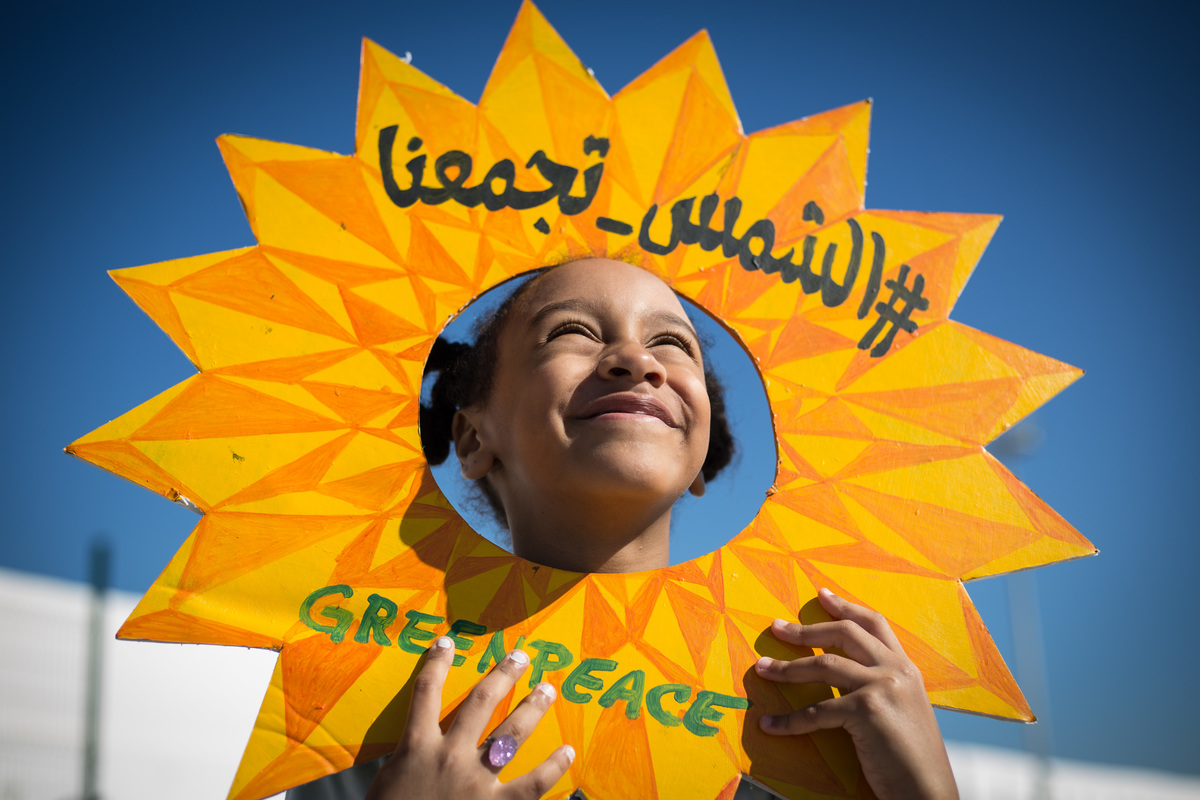
Board Structure and Organizational Governance
Greenpeace MENA is committed to the highest standards of good governance, financial accountability, and organizational integrity. Our governance structure is composed of two bodies: the Supervisory Board and the Executive Board.
The Supervisory Board typically consists of 3 to 7 members and plays a crucial role in ensuring adherence to internationally recognized governance and financial management standards. Key responsibilities include approving the organization’s budget and audited accounts, and appointing the Executive Director.
Our Board members serve voluntarily and are selected based on their expertise and proven commitment to Greenpeace’s mission and values in the MENA region. Through their strategic guidance and oversight, we remain a transparent and accountable organization that strives to make a positive impact in the world.
Supervisory Board
Meet our current Supervisory Board members, elected for their deep expertise, values, and regional leadership.
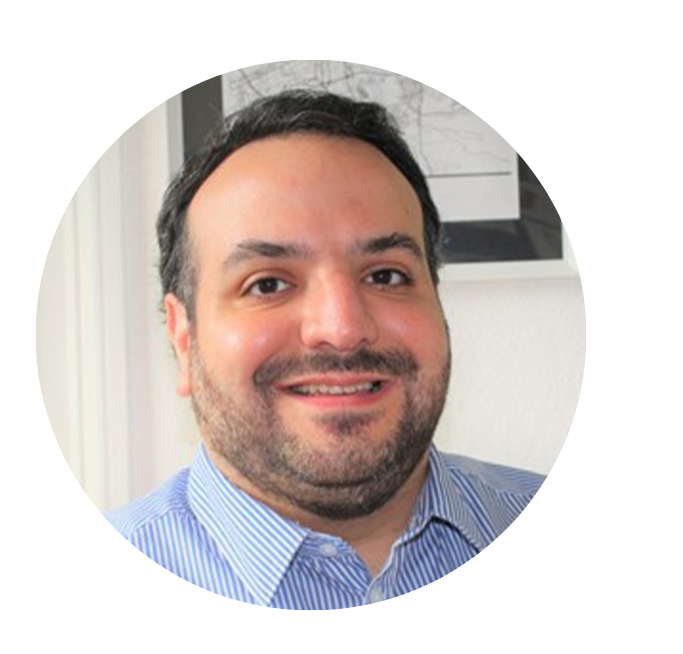
Mohammed ElKhateeb – Chair of the Supervisory Board
Mohammed ElKhateeb holds a Master of Science degree in Environmental Governance from the University of Freiburg, Germany, and focuses his research on sustainable mobility, environmental policy, and urban resilience. He authors a blog called “The SubMonitor,” which delves into sustainable mobility, policy, and planning in cities globally, with an emphasis on public transportation.
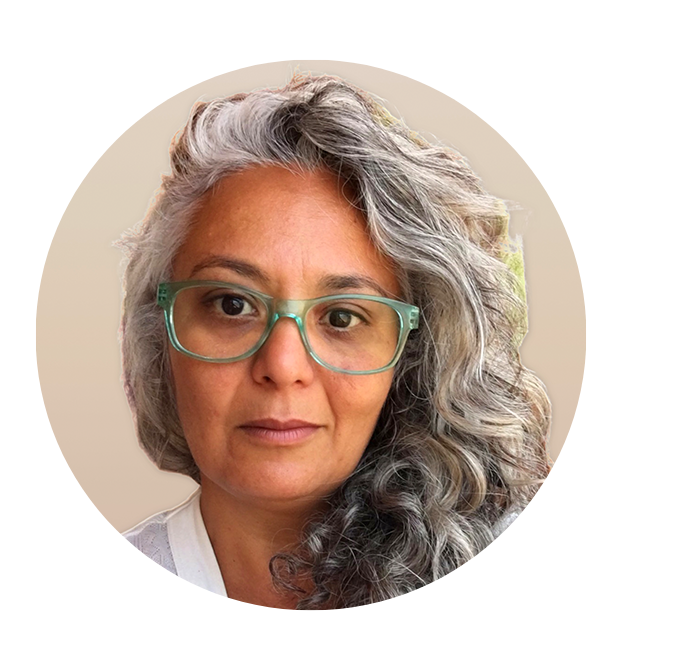
Nadine Wahab – Deputy Chair of the Supervisory Board
Nadine Wahab is a civil society leader working at the intersection of environmental sustainability, human rights, and policy advocacy with over 25 years of experience. She is the Founder and Director of Eco-Dahab, an initiative based in South Sinai focused on sustainable local development. Under her leadership, Eco-Dahab collaborated with local authorities and national ministries to support initiatives such as the #PlasticFreeDahab campaign, which contributed to the ban on single-use plastics in the region.
Wahab also serves as Director of Sustainable Network Egypt (SNE), a coalition of environmental organizations, social enterprises, and advocates. She coordinated the network’s civil society engagement during COP27 and supported collective advocacy on the Global Plastics Treaty. At COP27, SNE hosted more than 60 events in the Green Zone. Wahab also played a key role in CultureCOP and the Climate Heritage Network’s programming in Sharm ElSheik.
Her earlier work includes directing the Arab Center for the Promotion of Human Rights and managing international advocacy at the Cairo Institute for Human Rights Studies. She was previously Deputy Campaign Manager for Dr. Mohamed ElBaradei’s 2011 presidential campaign, overseeing national operations and strategy. She has also worked in Washington, D.C., in communications and advocacy roles with the Rights Working Group and the Arab American Institute.
Wahab’s work has consistently focused on building cross-sector partnerships and supporting community-centred approaches to policy and advocacy. She has contributed to publications including The Climate Change Primer, a resource for policymakers in the MENA region. Her areas of focus include civic space, environmental governance, and movement-building in challenging political contexts.
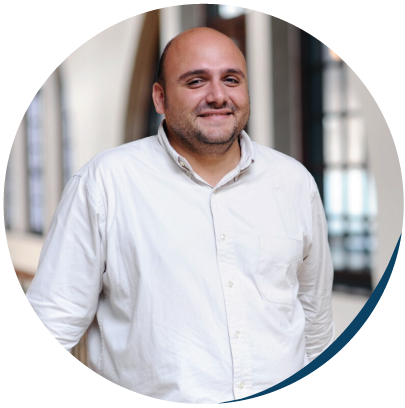
Mario Stephan – Trustee
Mario Stephan is currently the Head of Philanthropy Diversification and Impact for Doctors Without Borders/ Medecins Sans Frontieres (MSF) based out of Geneva-Switzerland.
Mario’s experience encompasses a wide variety of roles, from field work to leadership and executive roles, with several international organisations. In the course of his career, Mario has lived and worked in the Democratic Republic of the Congo, Kenya, Afghanistan, Somalia, Egypt, and the UAE. Mario also held regional positions covering eastern and southern Africa, the MENA region, and the Gulf (GCC). Mario Has lived and worked in the MENA/GCC region for 28 years.
In the years leading to his present appointment with GP MENA, Mario was involved in different governance roles, namely as the board secretary of MSF Belgium and chairman of INSO (the NGO safety organisation) He also joined two other advisory boards of Gulf universities and foundations, bridging the gap with the Aid & Relief sector, and continues to sit today on the advisory board of the American University in Dubai (AUD)’s Masters of International Affairs (MAIA)
Mario speaks Arabic, English, French and Spanish, and holds a Master’s degree in Management and Business Administration from the KEDGE business school (Bordeaux, France), a professional trainer accreditation from the Chartered Institute of Environmental Health (London, United Kingdom), and Mentor accreditation at Senior Practitioner Level by the European Mentoring and Coaching Council (EMCC).
He is lastly, a faculty member of the Master’s degree in sustainable humanitarian action at the DIHAD humanitarian college (UAE) in partnership with the Universidad Católica de Murcia (Spain)
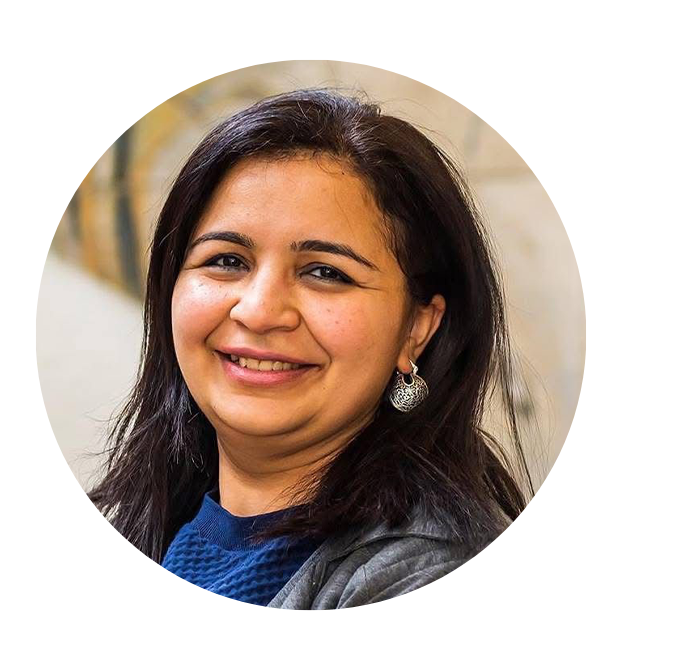
Yara Shawky – Compliance Officer
Yara Shawky is a seasoned researcher and civil society professional with over 20 years of experience. She has collaborated with international organizations, donors, and funders to enhance the resilience of civil society organizations in Egypt, the MENA region and globally. She has worked with organizations such as UNHCR, Save the Children, and UNDP, focusing on youth participation, gender inclusion, and development programs.
In her recent roles with Ford Foundation, Yara’s efforts have centred on social justice, civic space, digital rights, and climate justice. As a generalist who worked across many themes and fields, Yara brings extensive technical expertise in strategy development, policy and context analysis, program and project management, and institutional capacity building for civil society organizations.
Yara earned degrees in political science, human rights and democratization, and public policy. She is also a Senior Fellow at The Atlantic Fellows for Social and Economic Equity (AFSEE) program, with research focused on the challenges of designing entrepreneurship programs, including digital entrepreneurship programs and green start-ups.
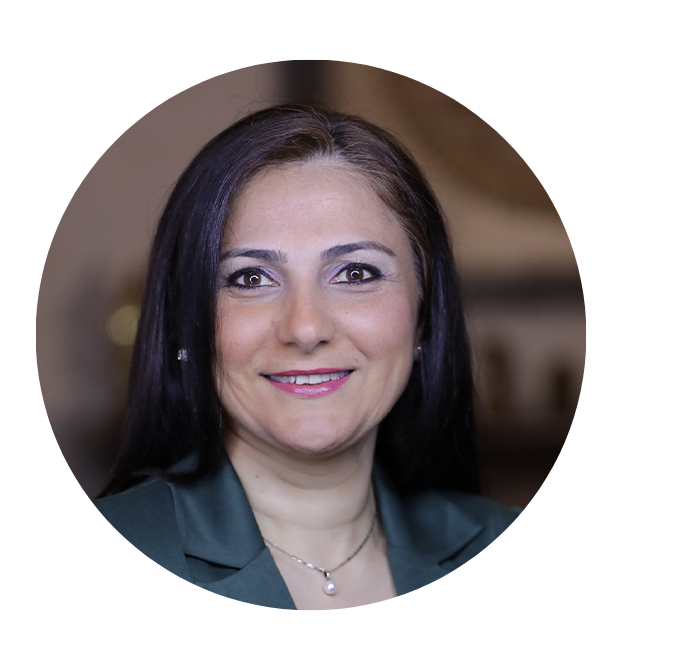
Hala Kawzally – Treasurer
Hala Kawzally is a seasoned financial advisor and has acquired over 30 years of experience in banking, investments, and business development. As a certified financial advisor from the Chartered Institute for Securities & Investment, United Kingdom, she founded Timeless, a consultancy firm specializing in financial literacy, business advisory, and leadership training programs, collaborating with international organizations such as UNIDO and ESFD.
Hala has empowered countless entrepreneurs and companies through tailored programs focused on financial well-being, wealth management, and organizational restructuring. Her leadership experience includes serving as an Executive Manager at HSBC, General Manager of Abido, a leading spices manufacturer, and more recently General Manager and owner of GALI, a commercial food agency for Middle Eastern products.
As Treasurer of Greenpeace MENA and an active member of MELA and LLWB, she advocates for sustainable development and financial education across the region. With two master’s degrees in finance and accounting, and Marketing and Management, Hala is committed to fostering financial literacy, leadership excellence, and sustainable growth.
Executive Board
The Executive Board consists of the Executive Director, who is responsible to provide effective leadership, vision, strategic direction and day-to-day management for our regional organization.
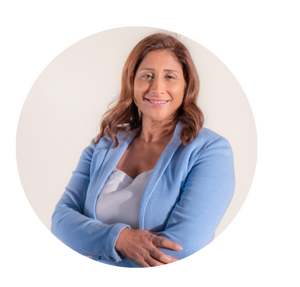
Ghiwa Nakat- Executive Director
Ghiwa Nakat has spearheaded Greenpeace’s growth and expansion in the Middle East and North Africa to make it a vital part of a vibrant environmental movement that prioritizes the climate emergency and a just energy transition. She is determined to bring about real change and has built a passionate and diverse team that represents the breadth and diversity of this region.
After studying agricultural engineering at the American University in Beirut, Ghiwa obtained an MBA at the Université Paris Dauphine. Serving on the advisory board of WAAUB, she is dedicated to empowering MENA communities with sustainable solutions and support.
As a business leader, she spent two decades providing inspiration, motivation and encouragement to help organizations develop their ambitious visions and make them a reality. In the agricultural business sector, she worked across the MENA region to apply her expertise in holistically tackling the key agricultural and environmental issues faced by farmers. As the first woman agronomist in her company, she took a fresh approach to building close relationships with growers, helping them to build their ambition and innovation.
Her experience as a long-time environmentalist has taken her to the frontline of climate change, seeing the most vulnerable communities bear the brunt of the climate crisis and pollution. She is committed to helping provide these communities with the support and solutions they need to adapt.
